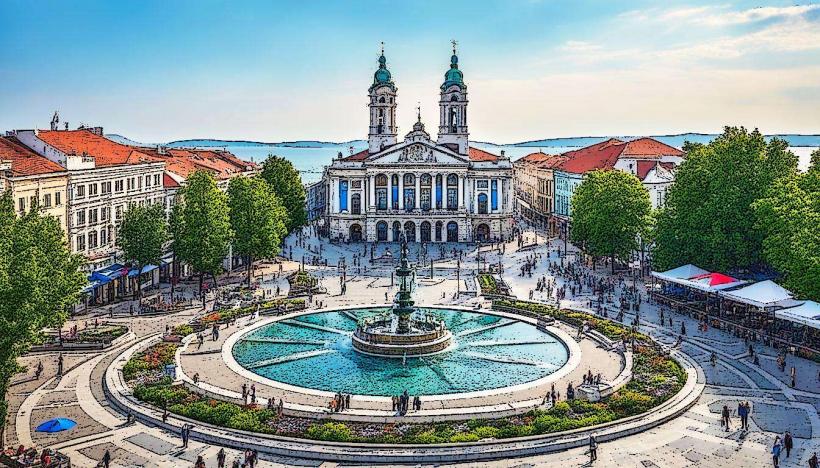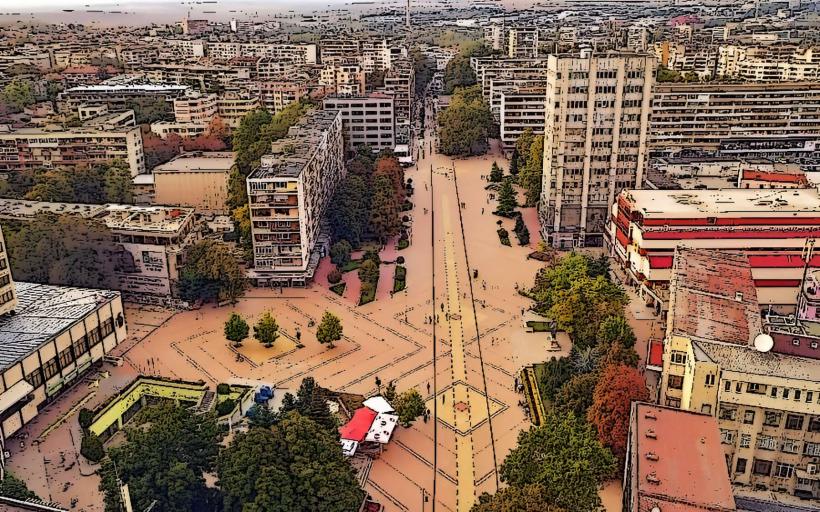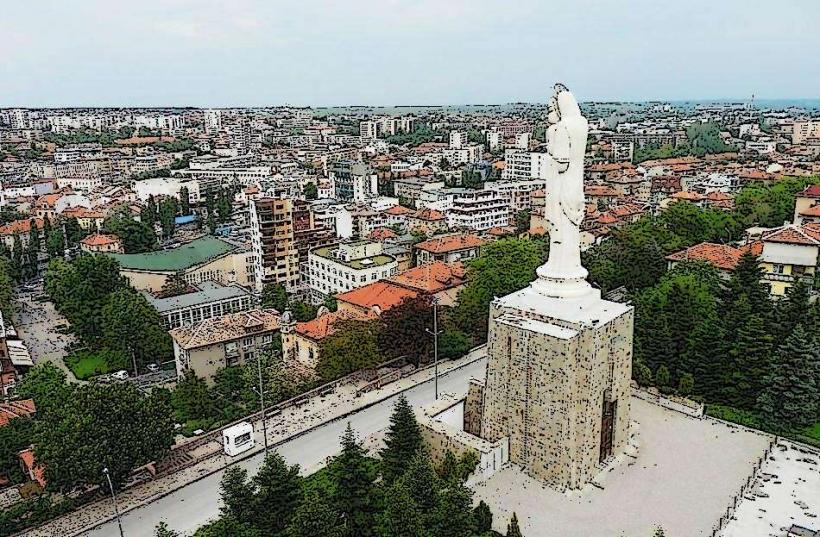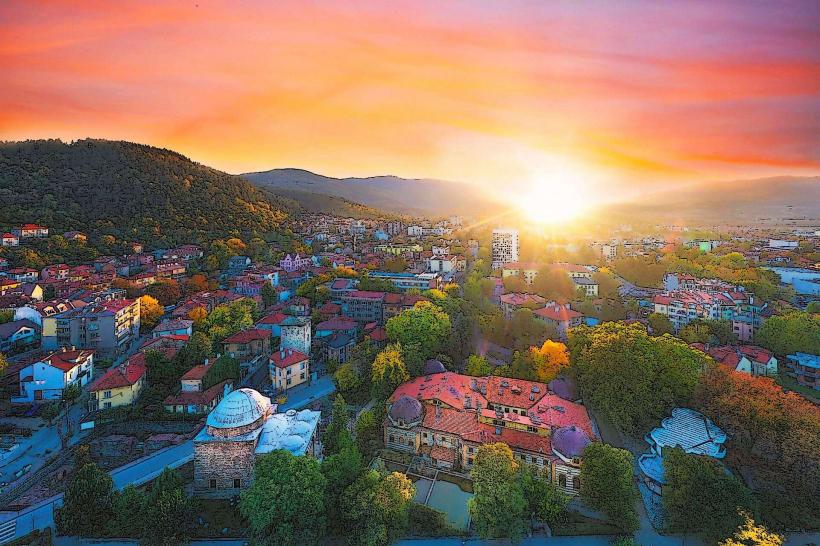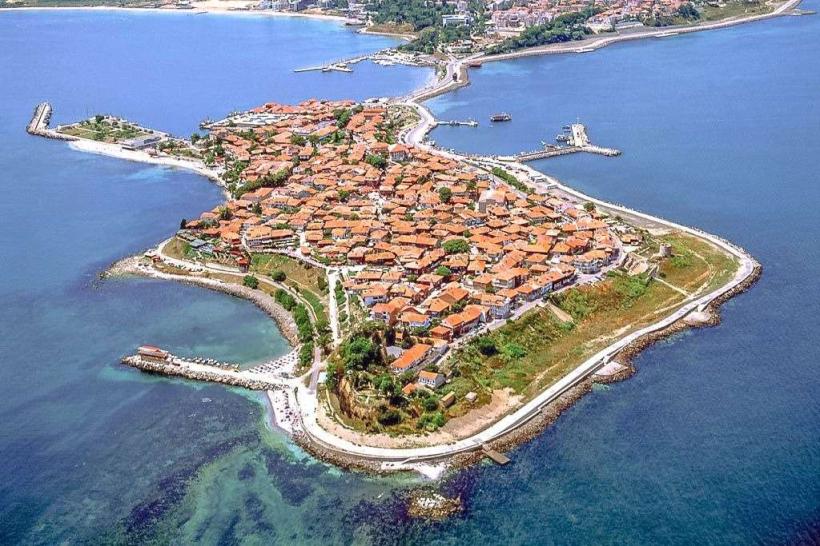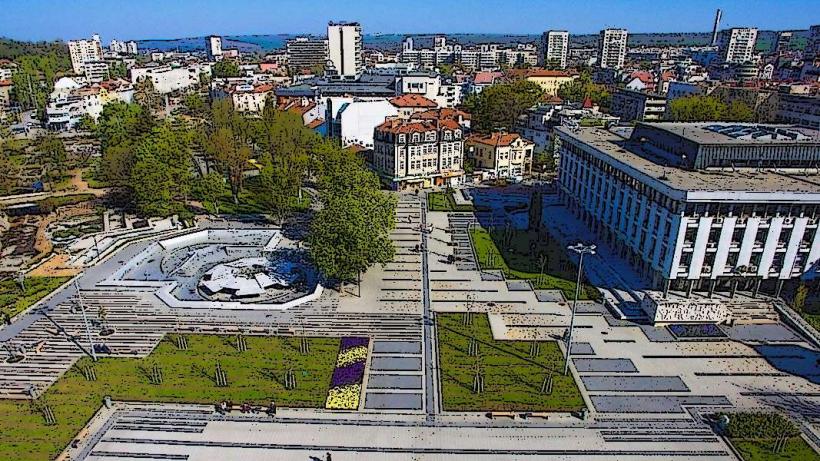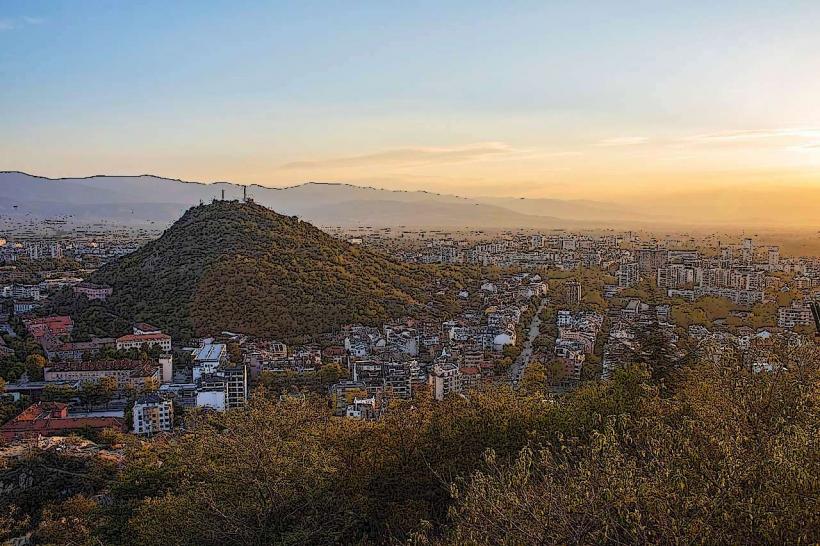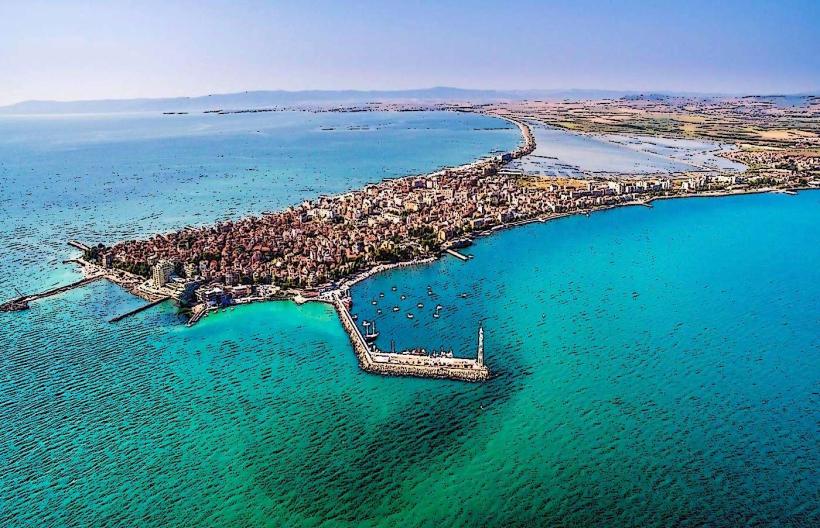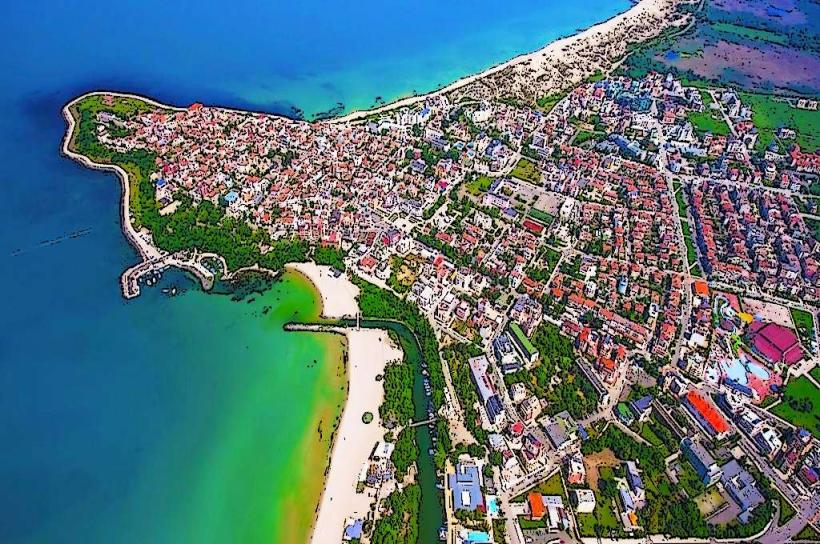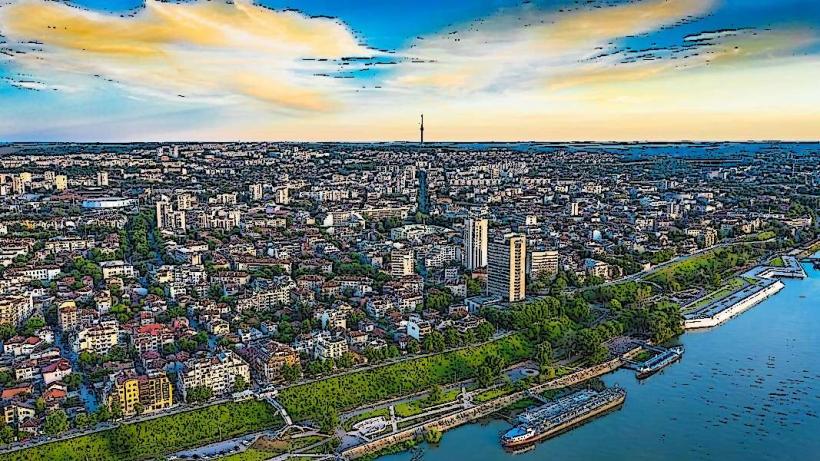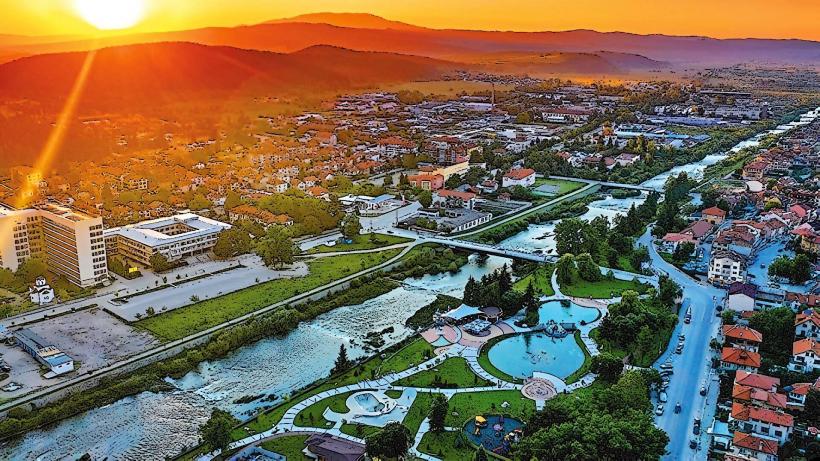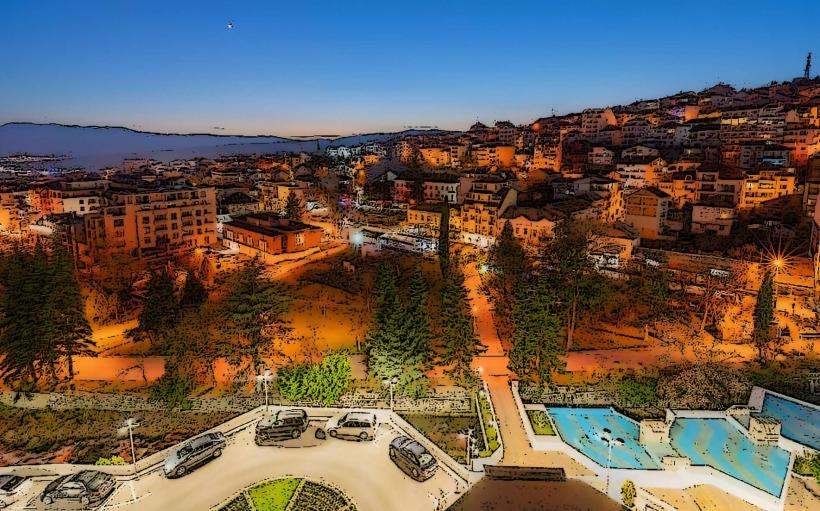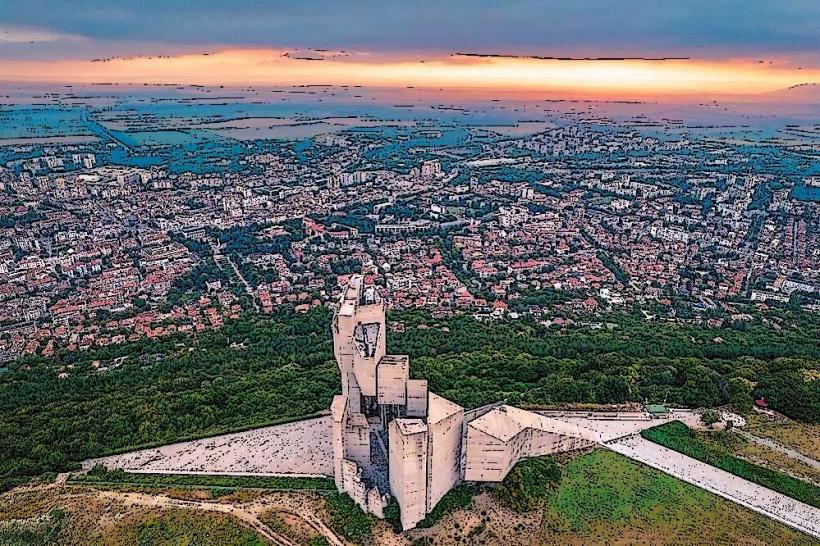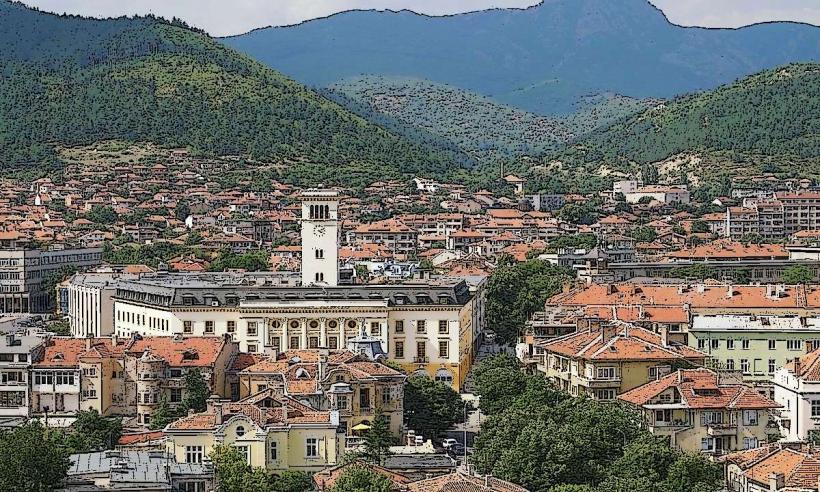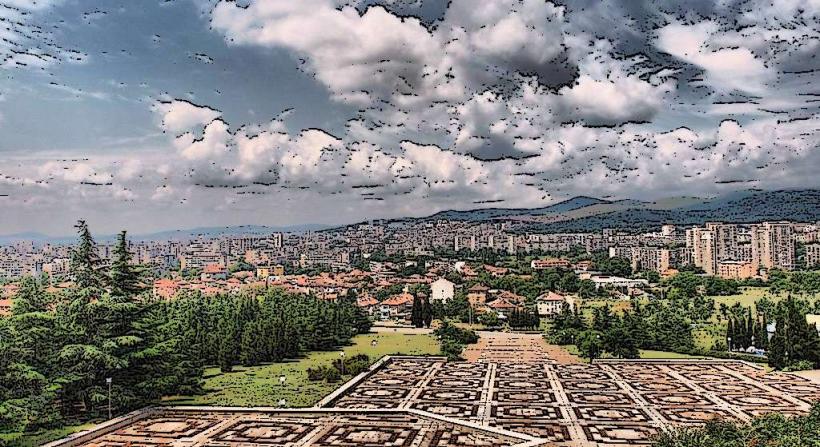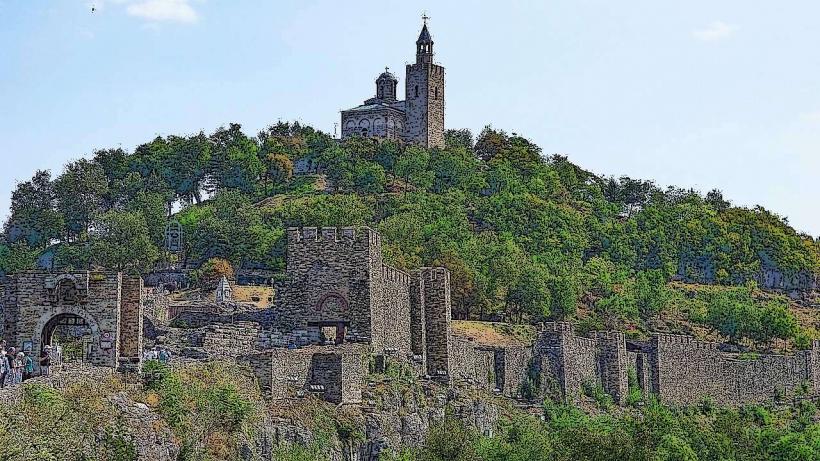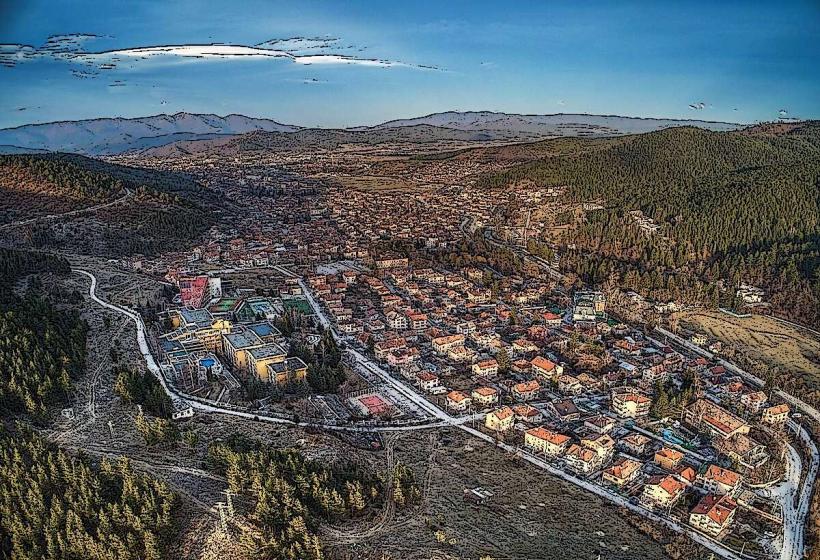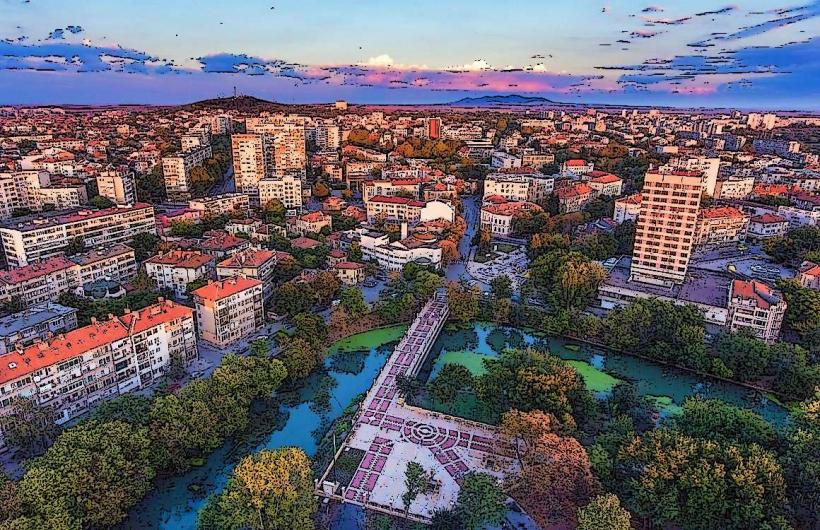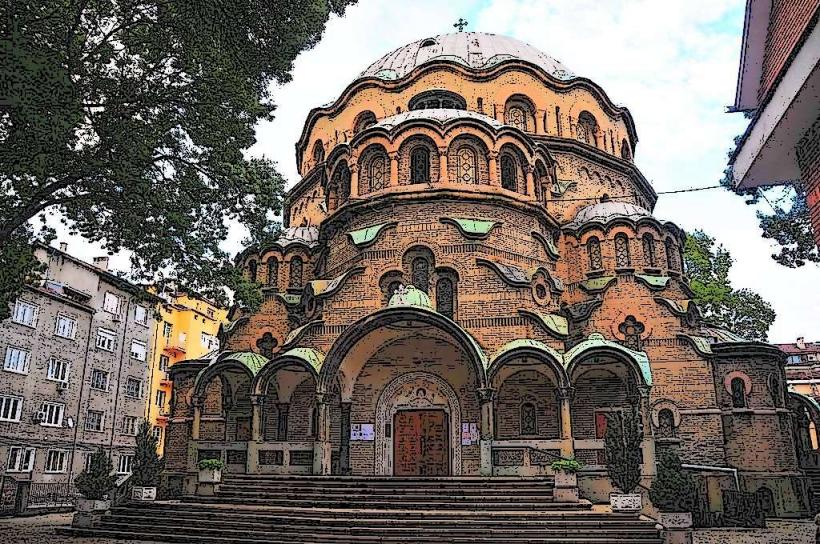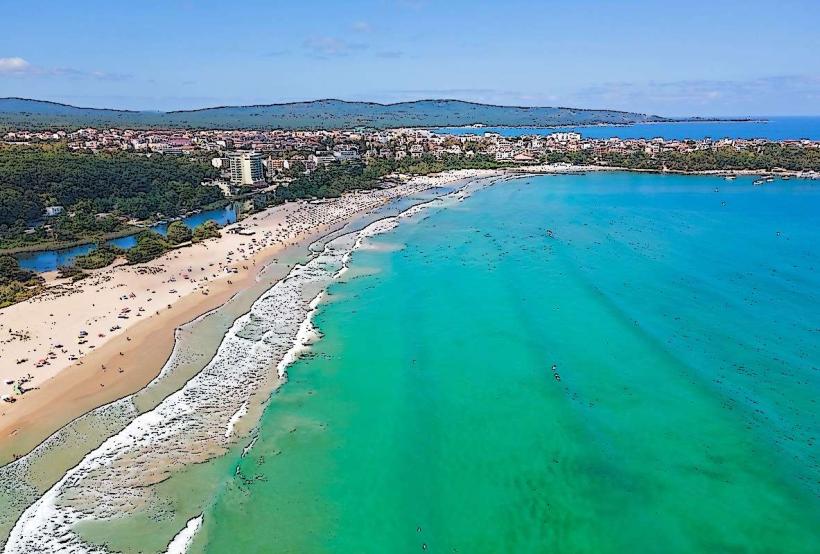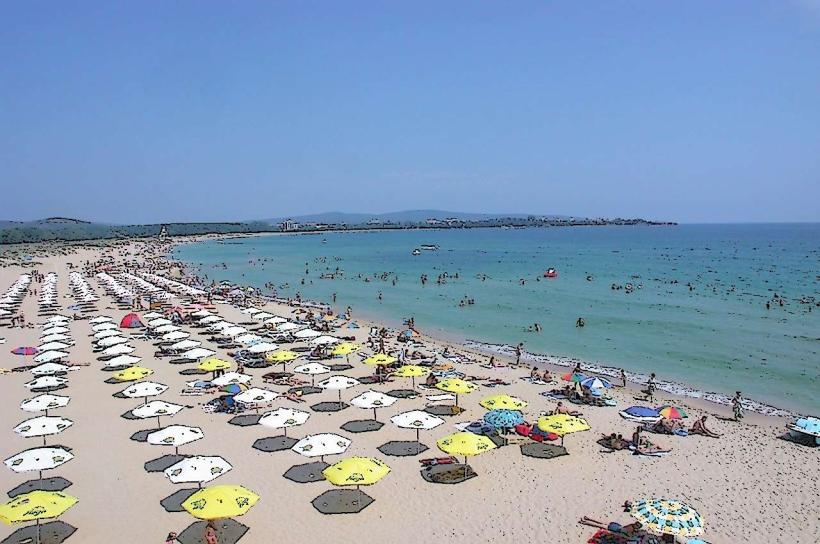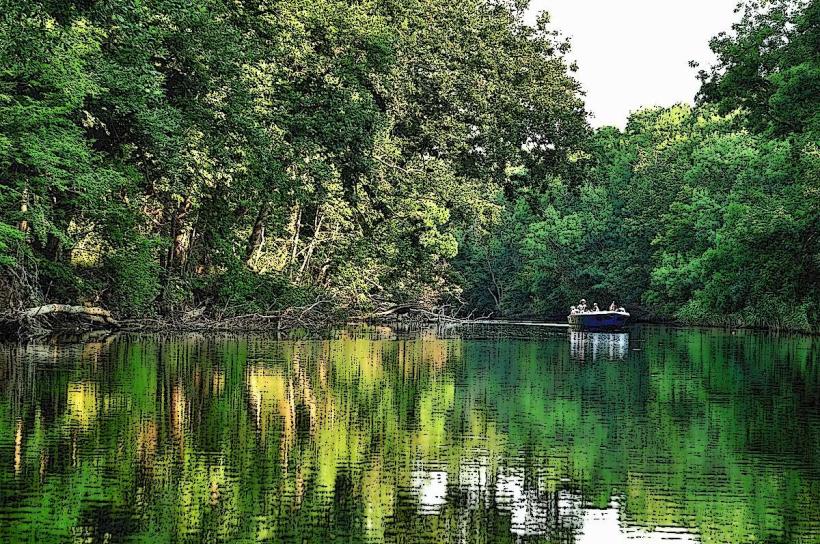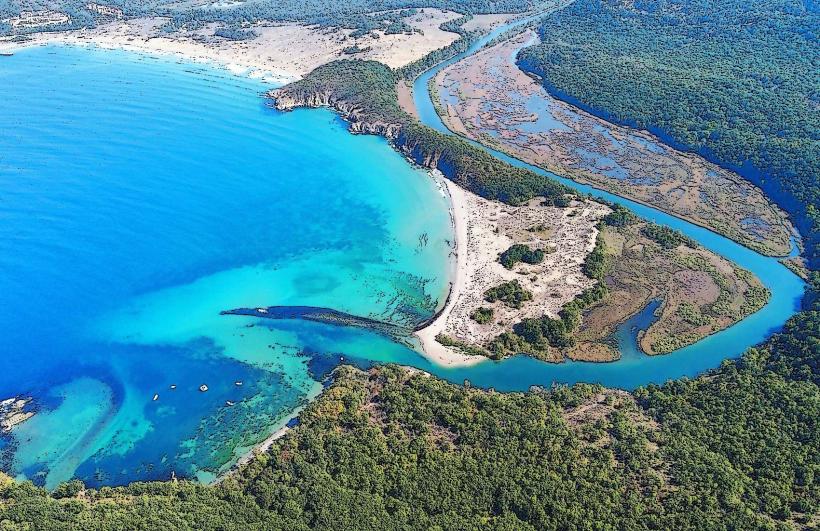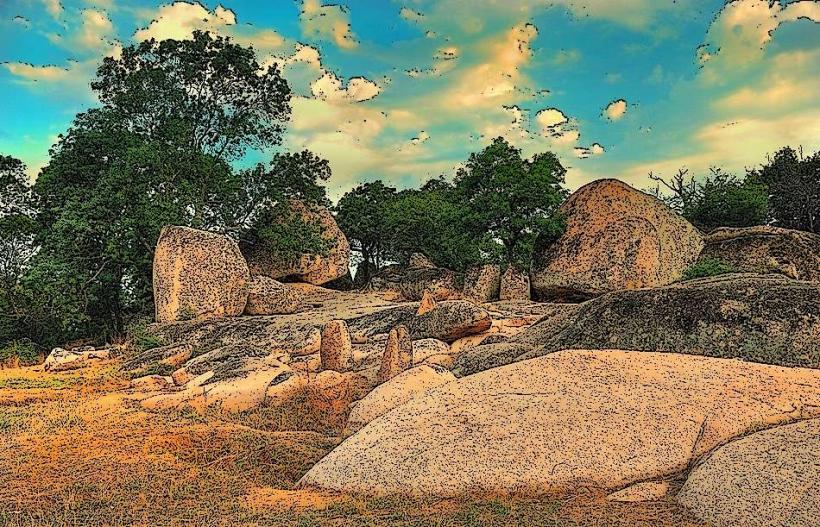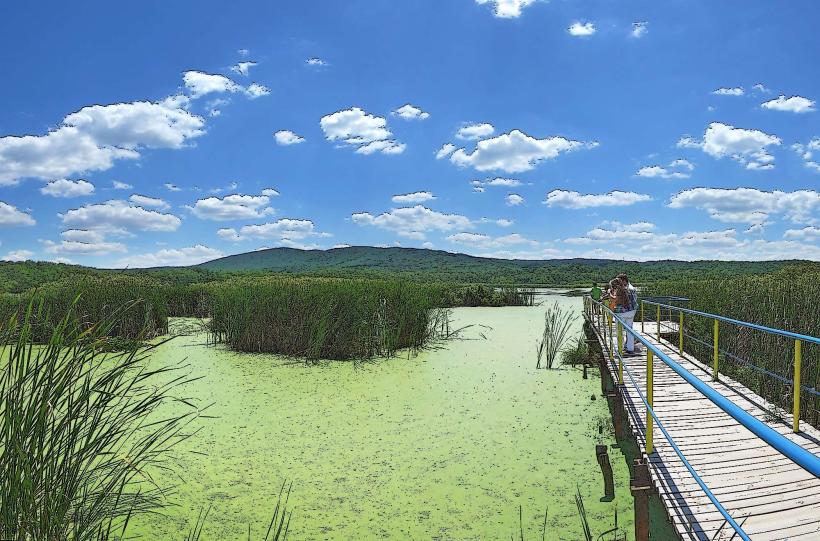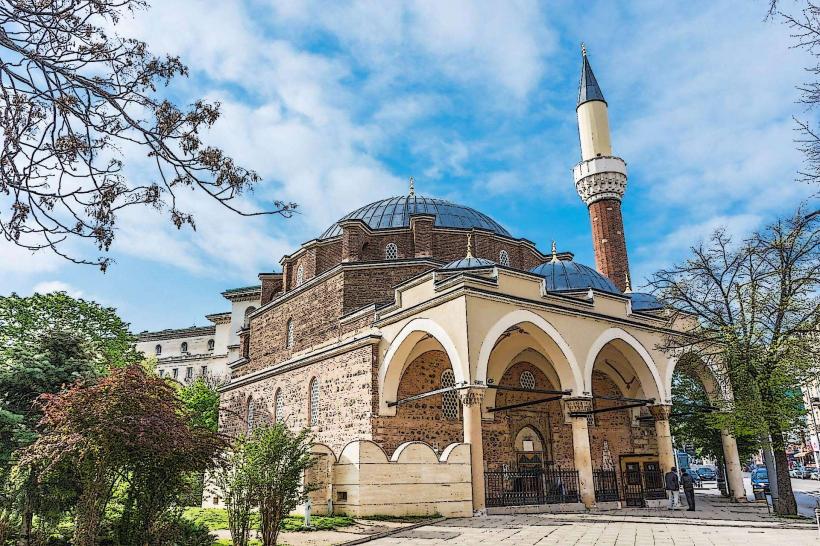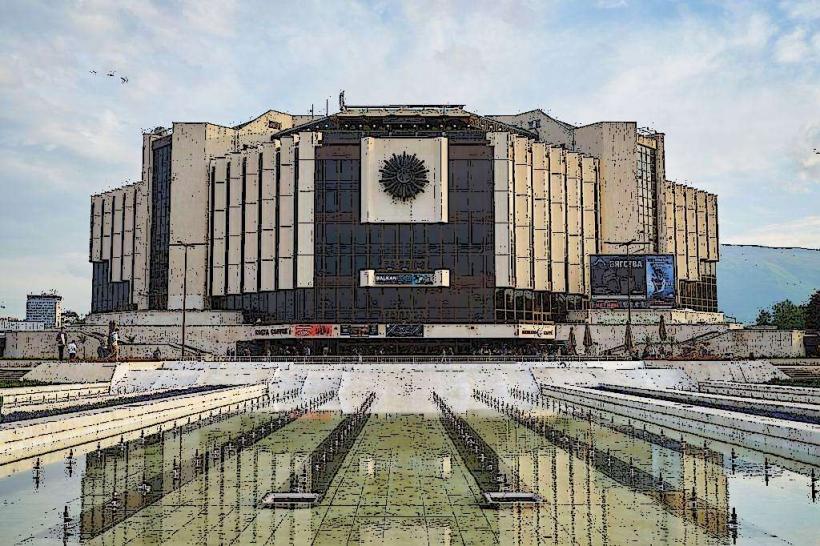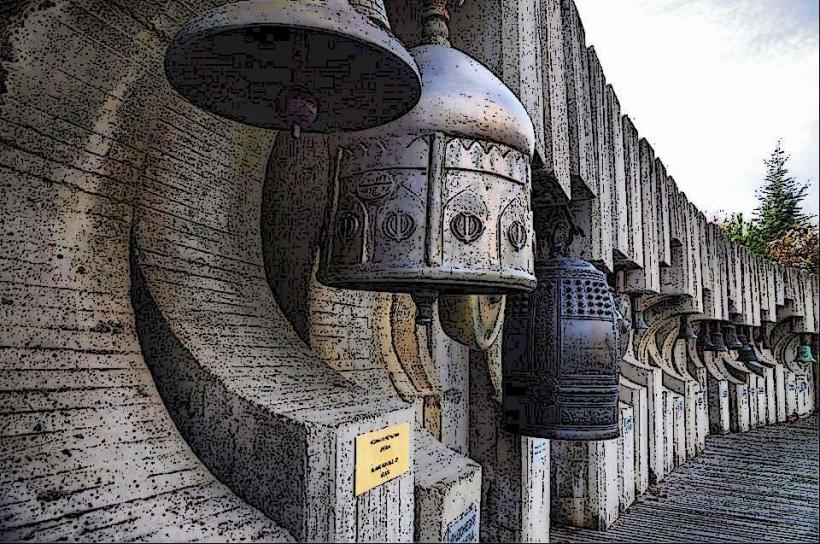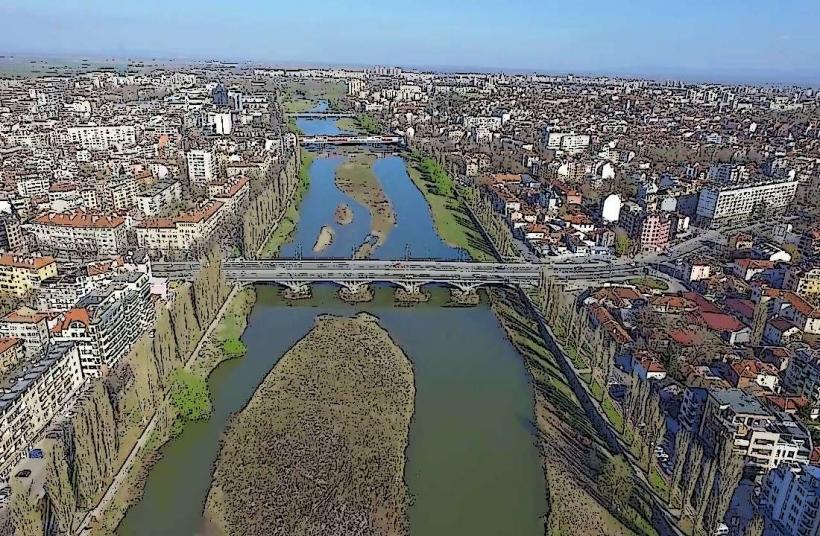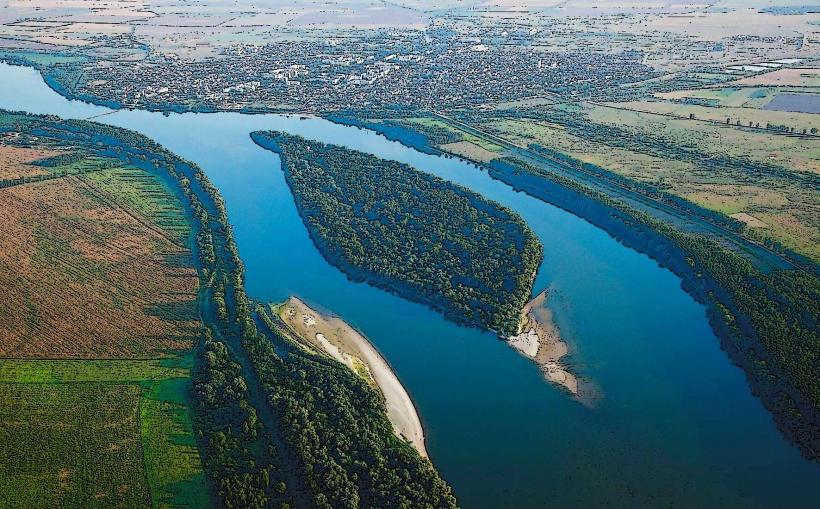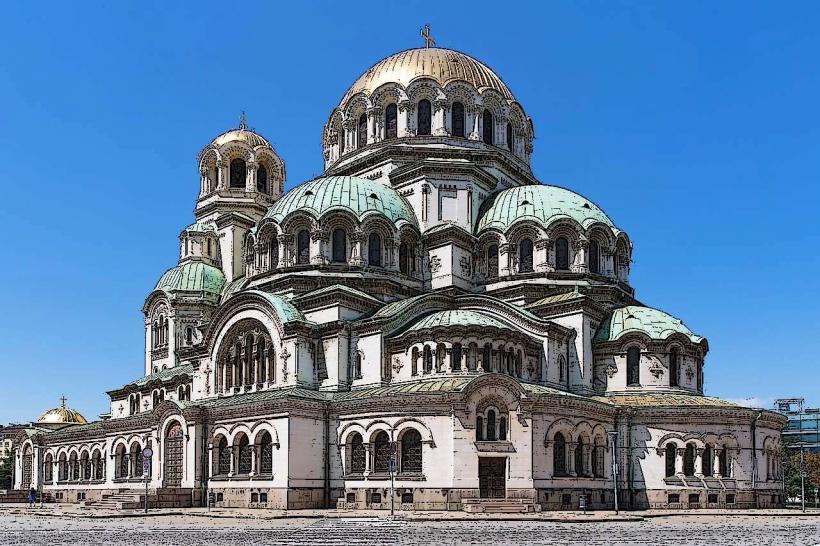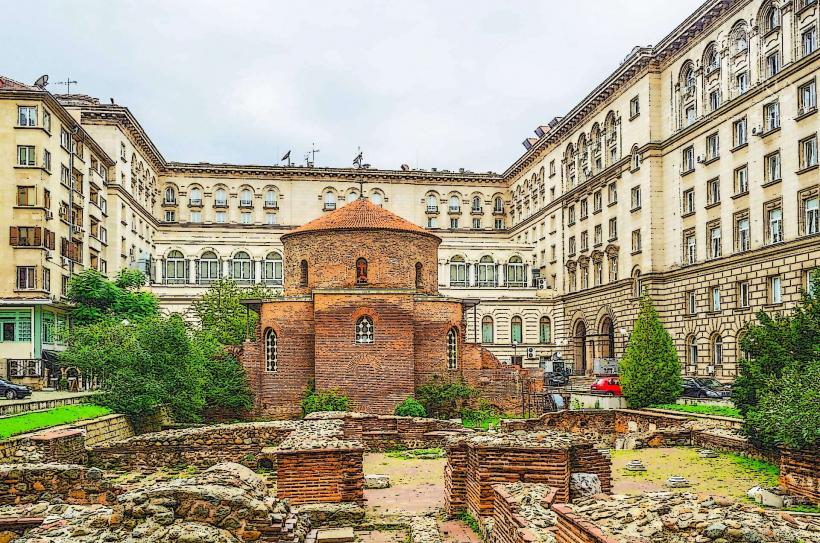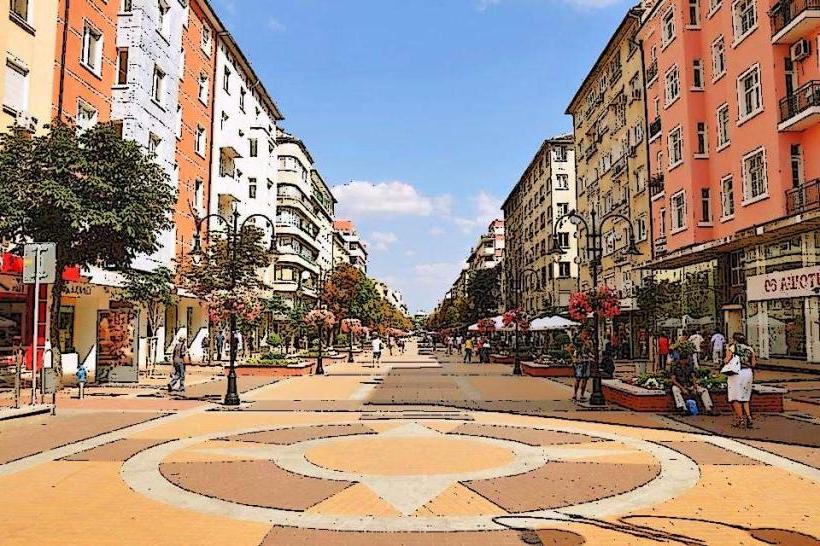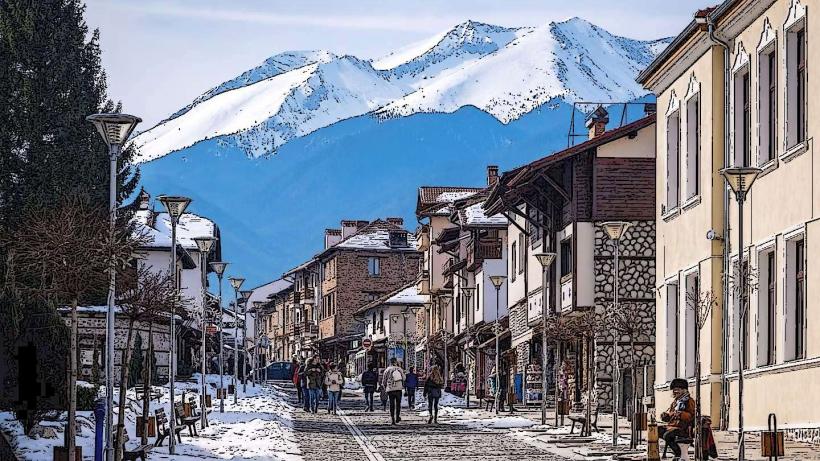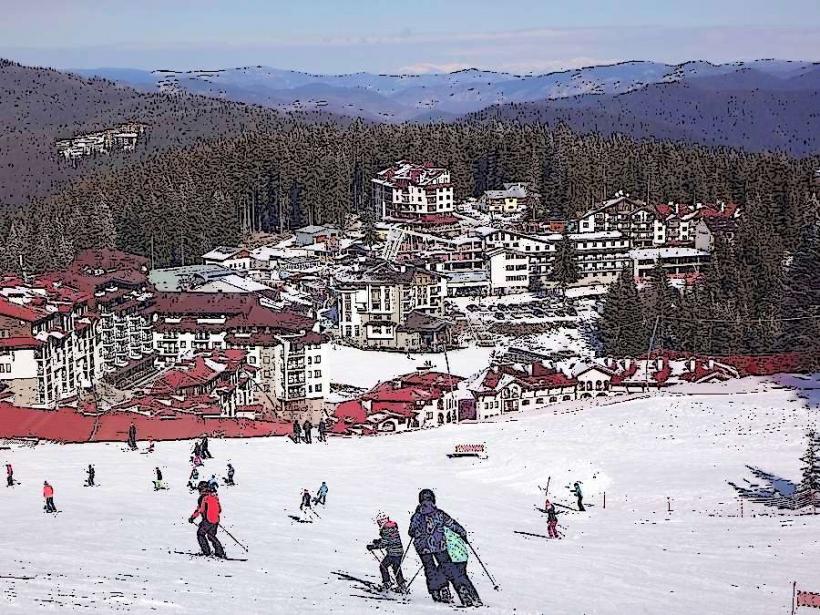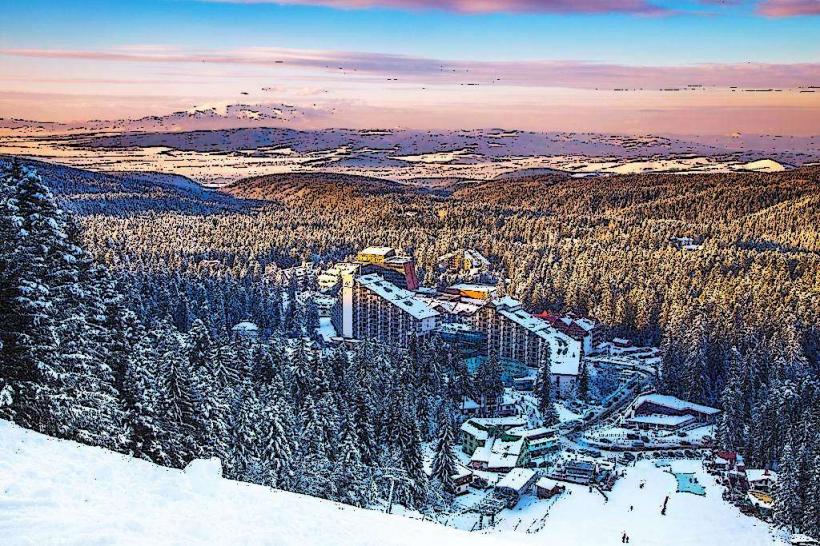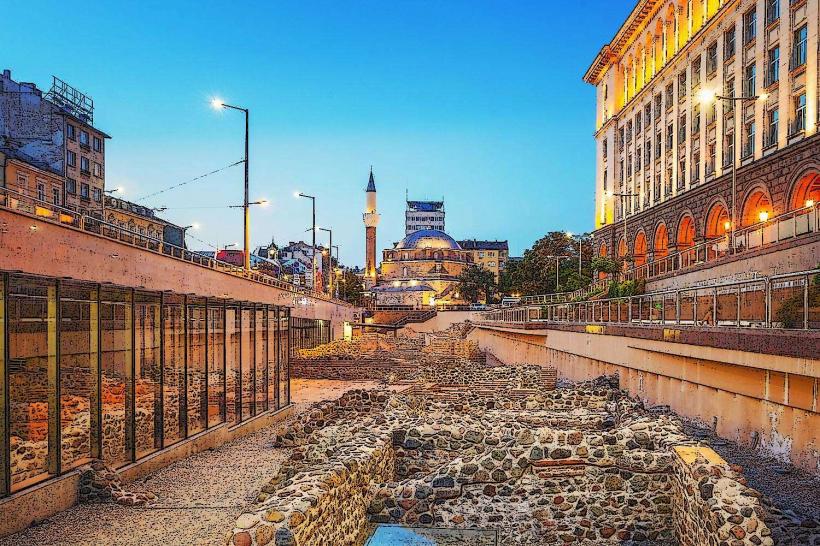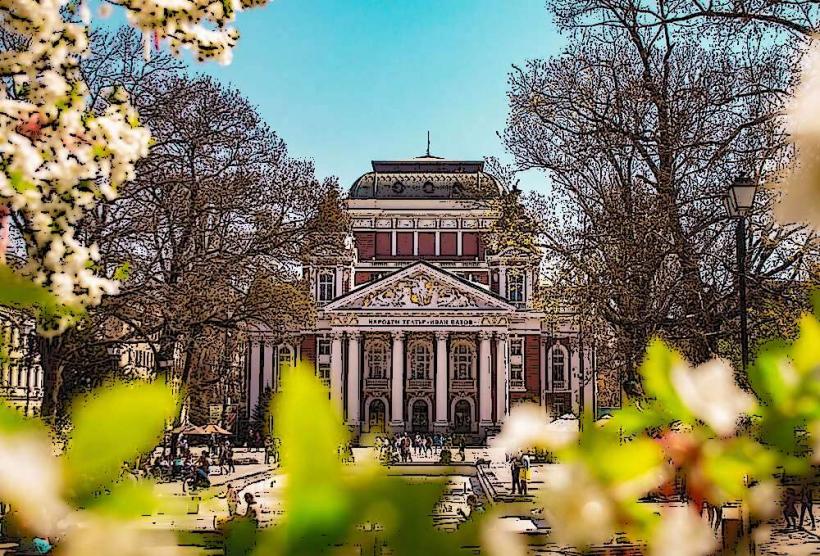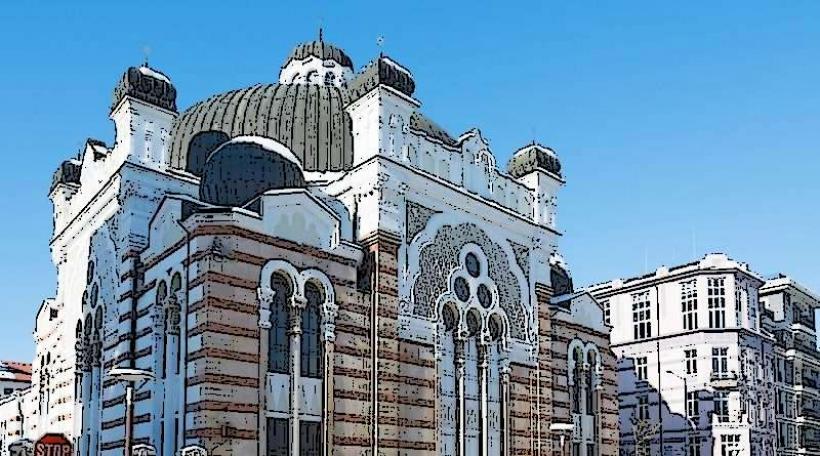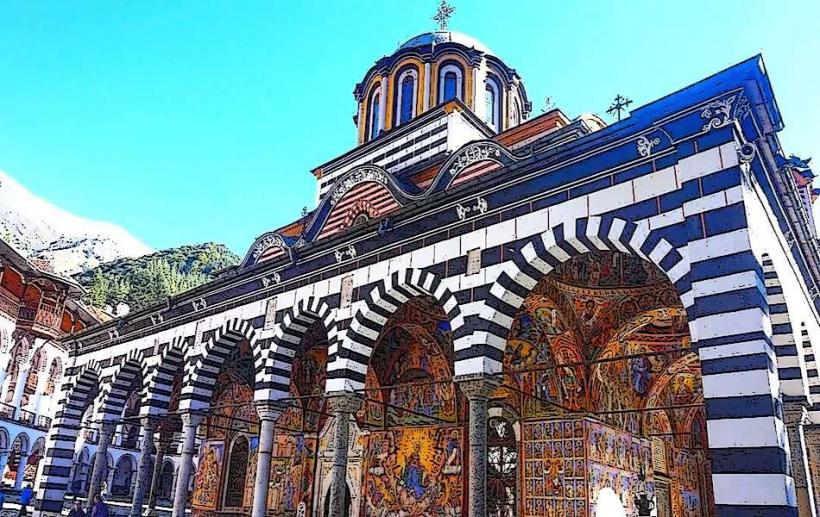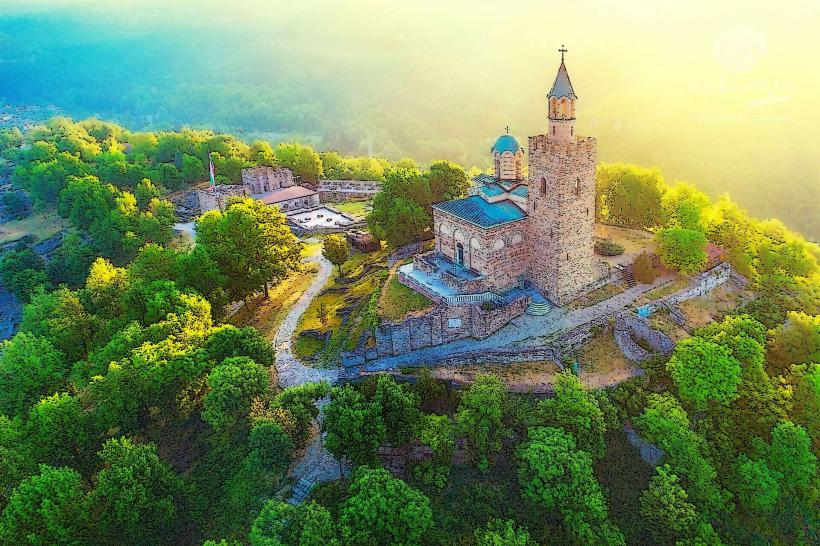Information
Country: BulgariaContinent: Europe
Bulgaria, Europe
Bulgaria is located in Southeastern Europe on the Balkan Peninsula, bordered by Romania to the north, Serbia and North Macedonia to the west, Greece and Turkey to the south, and the Black Sea to the east. It is defined by its diverse terrain including the Balkan Mountains, the Thracian Plain, and its coastal resorts, with Sofia serving as the capital city.
History & Culture
Established in 681 AD, Bulgaria is one of the oldest states in Europe and the only one that has not changed its name since its founding. Major political eras include the First and Second Bulgarian Empires, five centuries of Ottoman rule (1396–1878), and the Communist period (1946–1989). Independence from the Ottoman Empire was formally declared on September 22, 1908. 82% of the population identifies as Eastern Orthodox. The primary national holiday is Liberation Day (March 3). Social etiquette includes nodding for "no" and shaking the head for "yes," and the tradition of Baba Marta (March 1), where white and red martenitsa threads are exchanged for health.
Language & Communication
The official language is Bulgarian, written in the Cyrillic alphabet (which originated in the First Bulgarian Empire). English proficiency is High among the youth and in urban/tourist sectors but Low in rural areas.
Population & Economy
The population is approximately 6.4 million, with 76% residing in urban areas. Top export commodities include refined petroleum, copper, electrical equipment, and wheat. GDP per capita is approximately $17,400 USD. The economy is driven by manufacturing, energy, and a rapidly expanding ICT sector.
Visa & Entry Policy
As a member of the Schengen Area (air/sea accession 2024), Bulgaria allows visa-free entry for citizens of the US, UK, and EU for up to 90 days in a 180-day period. Starting in late 2026, visa-exempt travelers must obtain ETIAS authorization. Passports must be valid for at least three months beyond the intended stay.
Currency & Payment Systems
As of January 1, 2026, Bulgaria has officially adopted the Euro (EUR). A dual-circulation period exists throughout January 2026, where both the Bulgarian Lev (BGN) and the Euro are accepted for cash payments. From February 1, 2026, the Euro is the sole legal tender. Card payments and contactless systems are universal in cities; cash is still required for small rural vendors.
National Transport Grid
Inter-city travel is primarily conducted via an extensive bus network (Union Ivkoni, Biomet) and the state-owned railway (BDZ), which connects all major hubs but often operates at low speeds. Sofia features a 4-line Metro system. Domestic flights connect Sofia to the coastal hubs of Varna and Burgas.
Digital Infrastructure
Primary mobile network providers are Vivacom, A1, and Yettel. 4G coverage exceeds 99% of the population; 5G is widely deployed in all major cities and along primary transport corridors. Fixed broadband speeds are among the highest in the region.
Climate & Seasonality
Bulgaria has a temperate continental climate. The wettest months are May and June, while February is typically the driest. Summers (June–August) are hot and dry, especially in the south. Winters (December–February) are cold and snowy, supporting a robust ski season in Bansko, Borovets, and Pamporovo.
Health & Safety
There are no mandatory vaccines for entry. Tick-borne encephalitis is a risk in forested areas during summer. The universal European emergency number is 112.
Top 3 Major Regions & Cities
Sofia (Capital): Economic and cultural hub at the foot of Vitosha Mountain.
Plovdiv: One of the oldest continuously inhabited cities in Europe; known for its Roman theater and Old Town.
Black Sea Coast: Hubs: Varna and Burgas.
Local Cost Index
1L Water: €0.55 ($0.60 USD)
1 Domestic Beer (0.5L): €1.50 ($1.65 USD)
1 Sim Card (10GB Data Plan): €10.00 ($11.00 USD)
Facts & Legends
Bulgaria is the world's leading producer of rose oil, centered in the Valley of Roses (Kazanlak). A prominent legend surrounds the "Madara Rider," a large rock relief carved into a 100-meter-high cliff representing a knight triumphing over a lion, symbolizing the military might of the early Bulgarian state.


